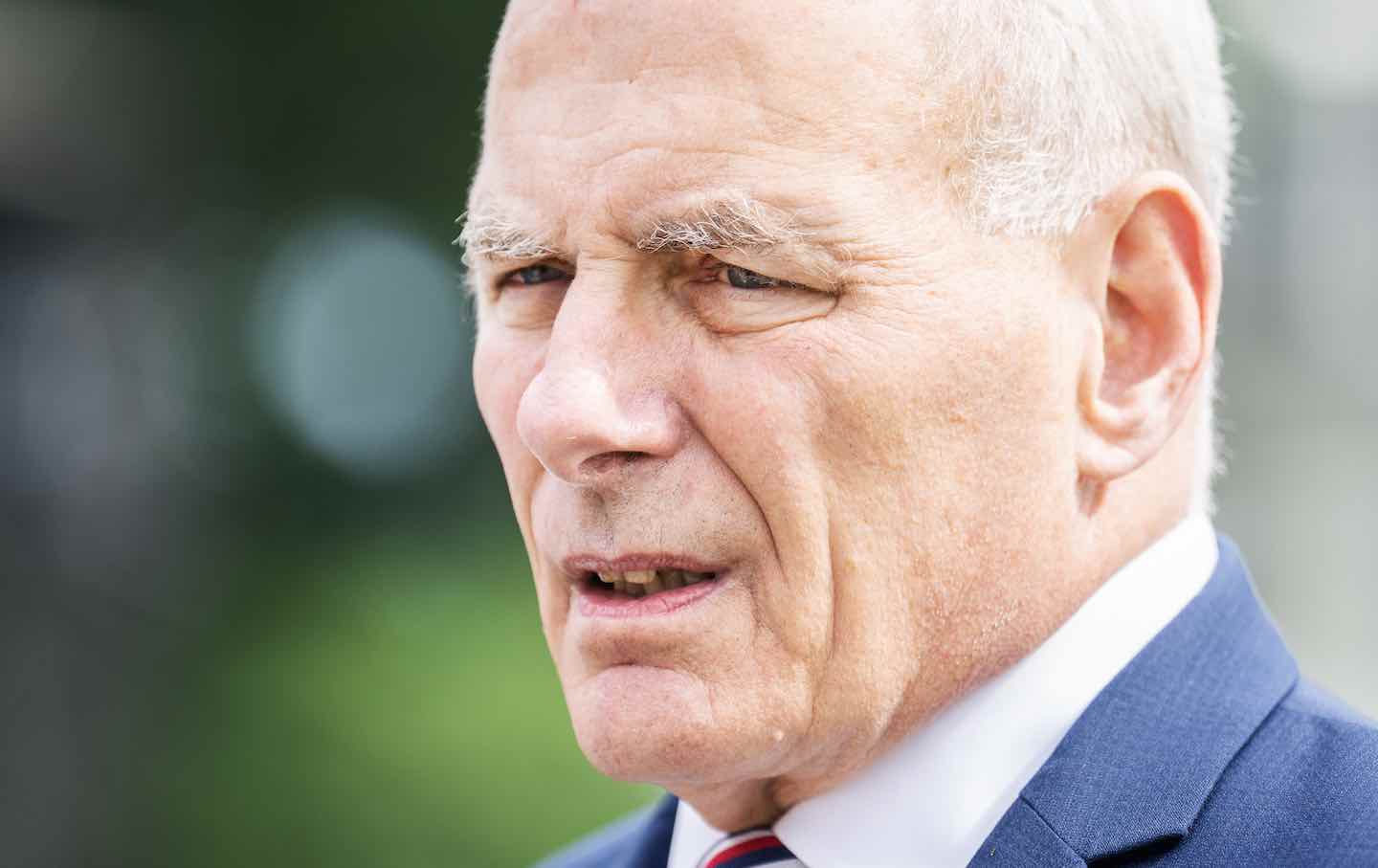On October 25, 2024, a report in The New York Times featured remarks from retired Marine General John Kelly, who previously served as White House Chief of Staff under President Donald Trump. In the report, General Kelly described Trump as meeting the standard definition of a fascist. This sentiment is now being echoed by various significant figures, including the former Chairman of the Joint Chiefs of Staff, General Mark Milley, Democratic presidential nominee Kamala Harris, and Vice-Presidential nominee Tim Walz, as well as President Joe Biden.
With the upcoming election only 11 days away, there is a growing acknowledgment of Trump as a fascist by the political mainstream. This raises the question of why this realization took so long, as those who identified Trump’s behavior as fascist in earlier years were often disregarded. Instances from 2017, when Trump praised Hitler, and his discussions on using military force against protesters, highlighted a pattern suggestive of anti-democratic tendencies. The attempted coup on January 6, and Trump’s reaction, seemed to present clear warnings of his intentions towards American democracy.
Trump’s actions were not secretive; for example, his 2017 announcement to withdraw from the Paris climate accords showed his use of rhetoric similar to Hitler’s. Trump’s comments following the Charlottesville riot, his aggressive stance toward undocumented immigrants, the implementation of a family separation policy, and the proposal to establish military camps for immigrants all demonstrated a clear pattern of behavior that was labeled by many as fascist.
European fascists have also referenced Trump’s extreme policies, with some even considering them too severe. During a 2016 report on European immigration reactions, a Danish fascist found Trump’s proposed policies excessively harsh compared to those in Denmark.
Trump’s mannerisms and speeches from his candidacy in 2015 until the end of his presidency in 2021 led some to identify him explicitly as a fascist. The legal and political structures of the time acted as constraints against his authoritarian tendencies. These constraints suggested that Trump perceived his power as boundless, reminiscent of the Führerprinzip where personal loyalty to the leader overrides state function.
The delay in labeling Trump as a fascist may be attributed to a normalcy bias, which assumes that the fundamental democratic values of the United States will remain intact despite major disruptions. This assumption mirrors the situation in the Weimar Republic before its collapse in 1932.
With only 11 days before Election Day, there is an urgency to communicate how democracies can deteriorate when public trust is undermined and demagogues exploit political turbulence. The urgency is likened to a democracy Doomsday clock nearing midnight. Recents warnings from influential figures like Kelly and Milley aim to persuade conscientious voters to reconsider their support for Trump to prevent potential lasting damage to the nation’s democratic institutions.
